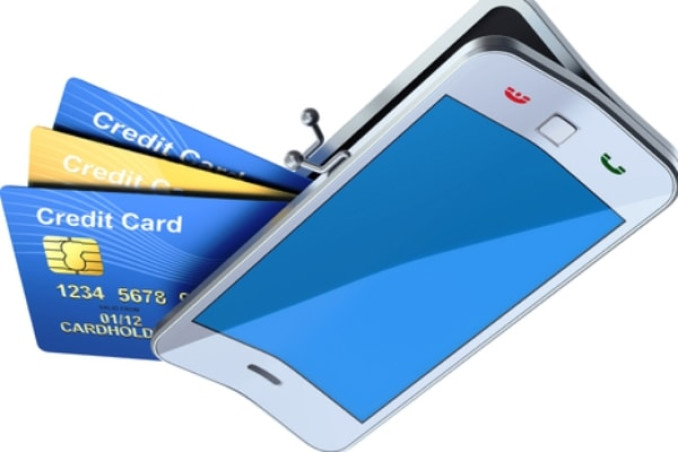Mobile money fails the test for emergency relief in DRC
- by MobileMoneyAfrica
- Nov 27, 2014
- 2639

Despite the hype around mobile money’s rapid uptake across Africa, in a new study e-vouchers outperformed mobile money - and in many cases physical cash - as the most effective means of disbursing assistance in emergency settings.
Many humanitarian organisations are shifting towards providing emergency relief in cash as opposed to in-kind, but questions remain about the best way of doing it.
The study, conducted by Mercy Corps over nine months in the Democratic Republic of Congo (DRC), is the first to test the effectiveness of each delivery method within the same programme. Previous studies relied on groups dispersed across programmes run by different organisations, making direct comparisons difficult.
Cash relief is an alternative to traditional aid and relief packages, such as food supplies. Proponents argue it allows recipients to be more autonomous, and provides them with the flexibility to address their most immediate needs more efficiently.
“Cash provides a reliable way for families in crisis to buy what they need, when they need it,” says Sara Murray, electronic cash transfer program manager for Mercy Corps.
In the Mercy Corps study, over 3,500 participants were divided into three groups, each assigned a different method of receiving their cash relief. Mobile money proved problematic, taking up to three times longer than the other methods to set up, while the dearth of cash-out locations in rural DRC made it difficult for recipients to collect.
In the end, the study concludes that e-transfers via mobile money were the most expensive for the implementing organisation because of the number of hours staff had to spend setting them up.
The uptake of mobile money services in Africa through telecoms providers has been hailed as a technology revolution. The region is considered a global leader, accounting for over 52 percent of all mobile money services worldwide, and of the 60 million mobile money accounts were active globally, the vast majority are in sub-Saharan Africa.
These services are widely regarded as the silver bullet for bringing financial services to the poorest and most rural. However, as the conclusions of Mercy Corps research demonstrate, there are still limitations to what these services can do well, and to where they can work effectively.
E-vouchers had the highest upfront costs because of the need for the organisation to invest in the necessary hardware, but overall proved both the fastest and most reliable means of disbursing cash transfers. Physical cash, while the most straightforward, is not able to be disbursed in all areas due to security concerns.
In DRC, which has experienced waves of conflicts spanning several decades, aid recipients are often targets for extortion and robbery by militants, soldiers, officials and even police. According to Mercy Corps, some study participants claim they feel more secure receiving cash payments.
“A number of beneficiaries I spoke with in the DRC said they would prefer to receive cash over in-kind aid since cash is easier to hide. While risks are associated with any type of aid distribution in conflict zones, cash may actually offer some security benefits over in-kind distributions,” Ms Murray explains.
As a result of the study’s findings, Mercy Corps is institutionalising e-vouchers as a standard emergency relief tool across the organisation, and is launching e-voucher programmes in Niger, Yemen, East Timor and Nigeria.
While the report highlights the high upfront costs of these programmes, Ms Murray remains optimistic that they can be brought down over time through coordinated engagement with private sector providers. The report also notes that these costs may be offset in longer term programmes, and costs will drop as demand increases.
Subscribe for our daily news

MobileMoneyAfrica
MobileMoneyAfrica - Africa's leading resource for digital financial services.
 Africas leading resource for digital financial services
Africas leading resource for digital financial services

comments